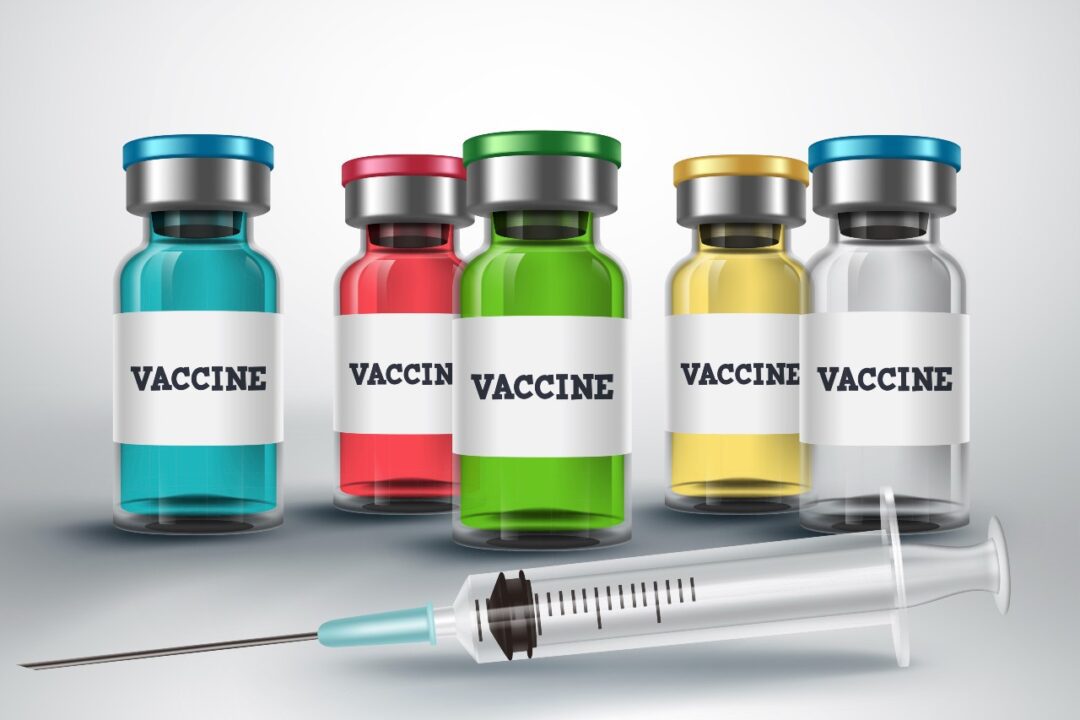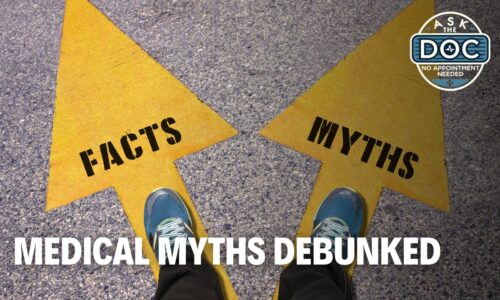What are some of the most important medical breakthroughs in recent history? |

Perform a google search on “the most important medical breakthroughs” and you are likely to find items such as “Man Walks Again after Being Chopped in Half” or “Teen lived 118 days without Heart”. But in terms of having an effect on decreasing the burden of disease and increasing longevity, there are three much less exotic medical breakthroughs in medical history that stand out.
The Development of Immunizations – Historically, infectious diseases have been one of the primary causes of death. Epidemics involving smallpox, bubonic plague, and influenza were responsible for killing millions of people in the past. Smallpox alone is estimated to have caused up to 500 million deaths. This changed dramatically following the discovery of vaccines by Edward Jenner. In 1796, Jenner developed a method to immunize people against smallpox by exposing them to a related virus called cowpox. This process became known as vaccination from the Latin word “vacca” that means cow. As a result of worldwide smallpox vaccinations, the World Health Organization announced in 1979 that smallpox was officially eradicated. Today, numerous vaccines are available to prevent diseases caused by bacteria as well as viruses. These include immunizations against tetanus, typhoid, cholera, influenza, shingles, whooping cough, polio, Hepatitis A & B, measles, mumps, rubella, chickenpox and pneumococcal disease.
The Establishment of the Germ Theory of Disease – In the 1870s, Louis Pasteur and Robert Koch established the germ theory of disease. This theory proposes that microorganisms, such as bacteria and fungi, are the cause of many diseases. Prior to this time, most doctors believed that living organisms responsible for disease could arise directly from nonliving material, a process known as spontaneous generation. The finding of tiny organisms contained in tooth plaque, spittle, and feces was actually first discovered two hundred years earlier by a Dutch salesman named Anton Leeuwenhoek when he studied various fluids through a microscope. Knowledge of the germ theory has led to important means of preventing disease, such as water purification, food preservation, sterilization of surgical instruments, quarantining of infectious patients, and even hand washing to prevent transmission of disease. Modern sanitation methods owe their development to the germ theory and today are responsible for preventing millions of cases of infectious disease throughout the world.
The Discovery of Penicillin – The discovery of penicillin in 1928 by the Scottish bacteriologist, Sir Anthony Fleming marked the time when a means of fighting back against infectious disease emerged. The story of its discovery involves a lab assistant who left a window open and spores of a blue-green mold (Penicillium notatum) landed in a petri dish containing Staph bacteria. The following day, Fleming noticed that a substance produced by the mold, now called penicillin, had stopped the growth of the bacteria. Although the medical use of penicillin was delayed by production issues and confirmation of its effectiveness in treating human disease, by World War II penicillin made a major difference in the number of deaths and amputations caused by infected wounds. The discovery of penicillin and the successful treatment of once fatal infections and diseases eventually led to the development of a variety of other antibiotics that are in common use today.
Other medical breakthroughs could arguably be considered to be as the important as the ones listed above. The development of x-rays, for example, has led to an array of imaging methods to study the human body non-invasively, such as CT and MRI scans. Once effective anesthetics were found, the field of surgery blossomed since operative pain was no longer a limiting factor in developing more complex and intricate surgical procedures. The findings of the Framingham Heart Study that clarified the relationship between risk factors such as high blood cholesterol, hypertension and smoking and the development of cardiovascular disease would also have to be considered one of the most important medical breakthroughs of the 20th century.
While other advances in medicine may be more dramatic, the three discoveries listed above will likely never be surpassed in the number of lives saved. Ironically, the advances in health from some of these “miracles” are now being compromised due to indiscriminate prescribing of antibiotics leading to resistant organisms as well as a backlash against providing immunizations.
If you have any more questions just Ask Hanna, our health advisors are here to help.
Image: ©Shutterstock / AmazeinDesign








